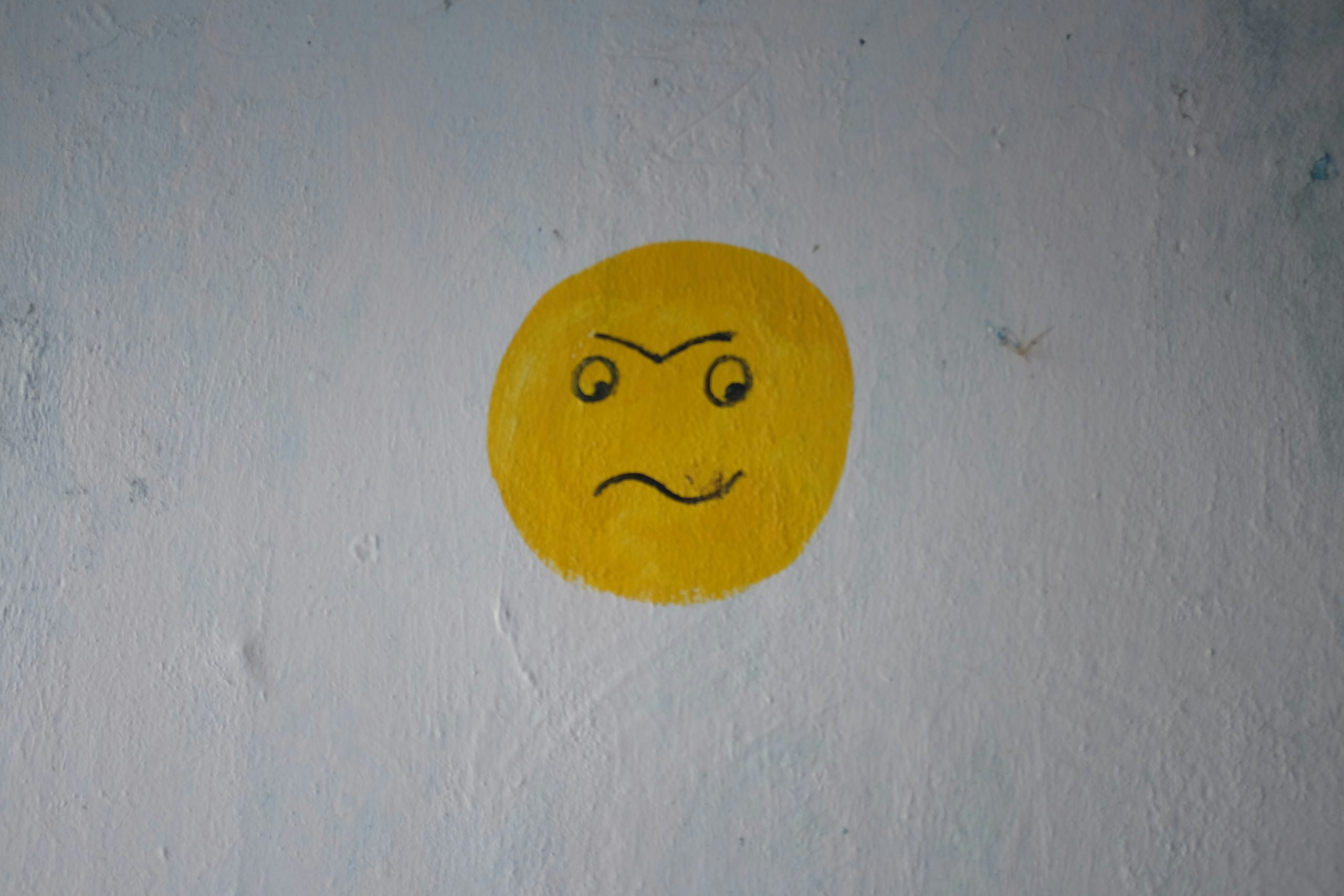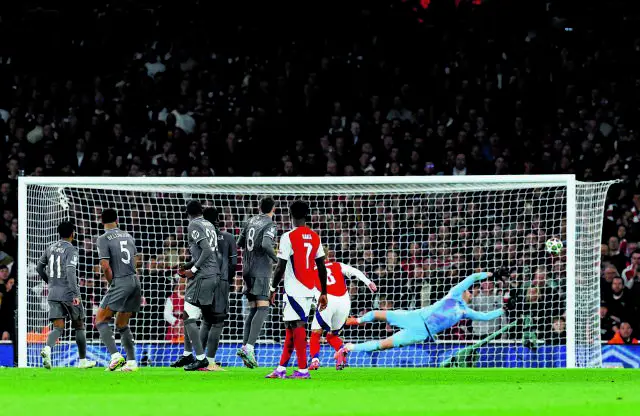Gen Z grew up with the promise that the world is full of endless opportunities. Technology brought access to knowledge, career, relationships and experiences at the touch of a button. However, this apparent unlimited choice was accompanied by an unprecedented rejection scale. From the difficulty of finding work and mass redundancies to the disappointments of dating and the uncertainty of its diplomas, Gen Z is experiencing continuous rejections in all areas of life.
When Em graduated from the Pratt Institute in May 2020, two months after the start of the pandemic, there were no jobs for a sculpture degree, not even in New York.
So he watched an intensive nine -month coding boot camp and began to apply for technological jobs. After about ten rejections, the entire technology industry was hit by mass redundancies in 2022, leaving Em even more frustrated. “It was just another path to failure,” he commented in Business Insider.
Last year, EM submitted more than 400 job applications and was rejected by all. “I’m unhappy,” she says on the phone from California, where she lives in a relative’s home, surviving $ 700 a month from casual contracts. “I don’t live a life that is worth living at the moment.”
Em’s experience with this constant rejection may sound extreme, but its story reflects the panic and despair that dominates Gen Z.
Gen Z has been described as the most anxious, the most cautious, the most stressed, the most exhausted and the most lonely generation. Last year, the Happiness World Exhibition called her “the least happy generation”.
Every generation believes that it has pulled the worst. But as Gen Z struggles to consolidate, it is confronted with a unique intensity: on the one hand, its technology provides unprecedented possibilities – countless opportunities literally with one click or a swipe – on the other, it experiences rejection on an unprecedented scale.
From education and career to erotic relationships, never before young adults have not had such access to possible successes – and never before they had heard so much “no”.
What impact does this new scale of rejection on the psychology of a young man and the collective mentality of Gen Z have? And how will it affect society in the future when the rejected becomes those who reject?
The drama of erotic life
In the 1960s, most Americans were married at the beginning of their 20s with people who knew through their social circles. Today, they are spending almost a decade over an appointment. The average age for the first marriage is now 31.1 years for men and 29.2 for women.
During this additional decade, they also have a arsenal of dating applications that can bring them – and remove them – potential partners daily, if not every hour. If we have counted all the non -responding swipes, messages, followers or messages left in the “read” that compose today’s climate of erotic rejection, it would not be an exaggeration to say that a typical zoomer in acquaintances rejects and rejected by more candidates in a week.
The paradox of online dating has been thoroughly analyzed: Despite increased access to potential comrades, young people have invented whole vocabulary to describe their constant frustrations, such as “Ghosting”, “Situationships” and “Breadcrumbing”.
Last year, the Hinge app asked 15,000 people about their views on the appointment. 90% of Gen Z’s respondents said they wanted to find love, but 44% admitted that they had little or no appointment experience.
Is it a mystery, then, that Gen Z has begun to “disappear” even by its employers?
Psychologist Barry Schwartz, in his famous book “The Paradox of Choice” (2004), divides people into “maximizers” (who always want the best choice) and the much happier “Satisficers” (which are enough in “pretty good”). In today’s era of seemingly infinite choice, Gen Z seems to be filled with maximizers – something that, according to Schwartz, leads to more frustration.
But what happens when someone’s choices are limited in advance due to continuous rejection? Perhaps, as Schwartz says, “when you apply to 50 universities and you are rejected by 47, in the end it just doesn’t hurt you anymore.” But is this attitude of “whatever is” is just a mechanism of self -protection?
Last news








